Our Alumni
The Charney School of Marine Sciences train the next generation of scientists and professionals required for continued marine science developments and research. Graduates of the school’s postgraduate programs are currently playing leading roles in Israeli and global research, industry, economy, security and government organizations, and have positions at top commercial enterprises around the world.
Meet our alumni.
Filter By Department
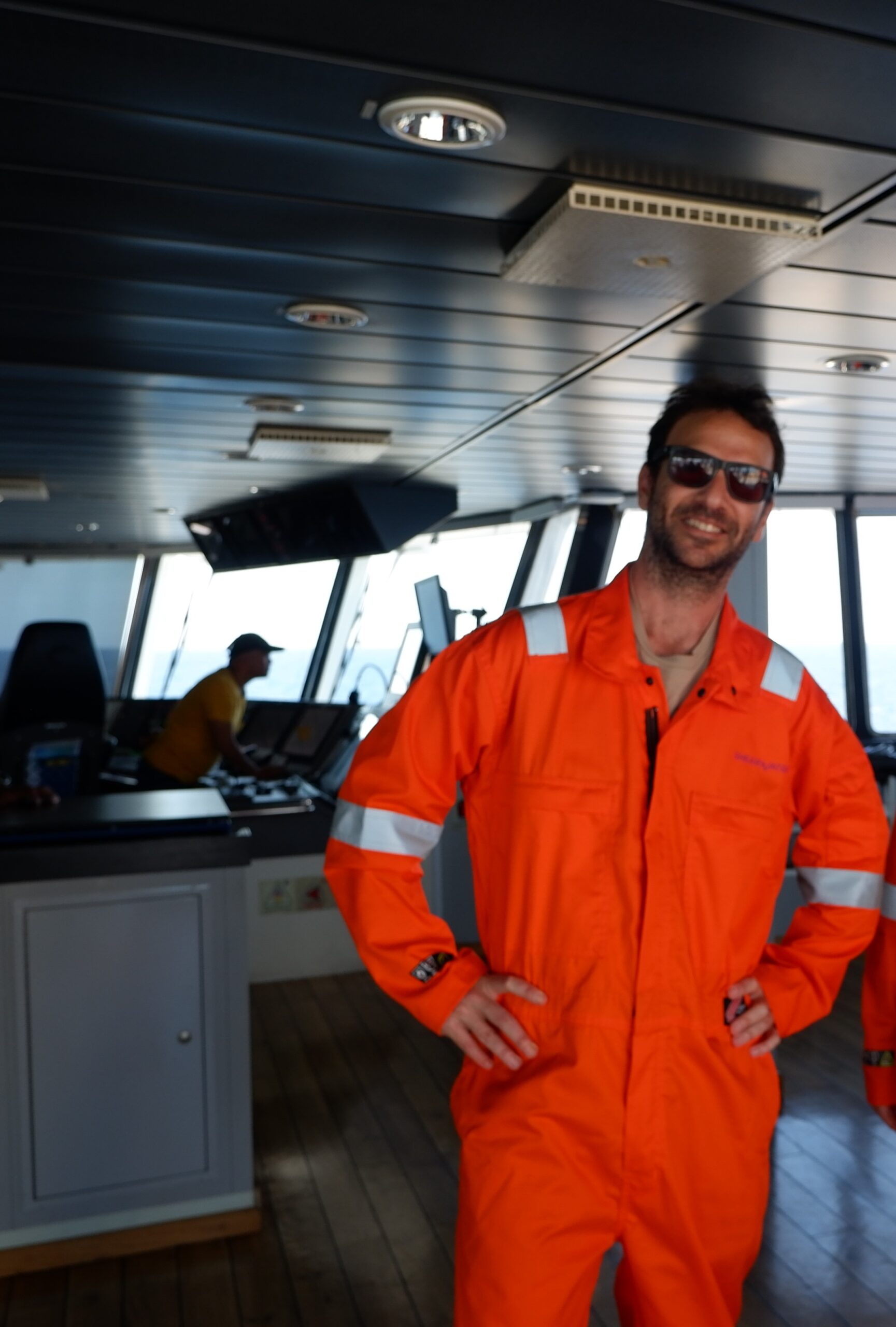
Matan Elad
M.Sc., Marine Geosciences Department
Geologist at Ratio Petroleum
There is very high-quality research in the department, which provides inspiration. There are also projects in collaboration with the industry, so in terms of connections, it can open many doors. Following a project I did at the beginning of my PhD, I received the offer for my current position."
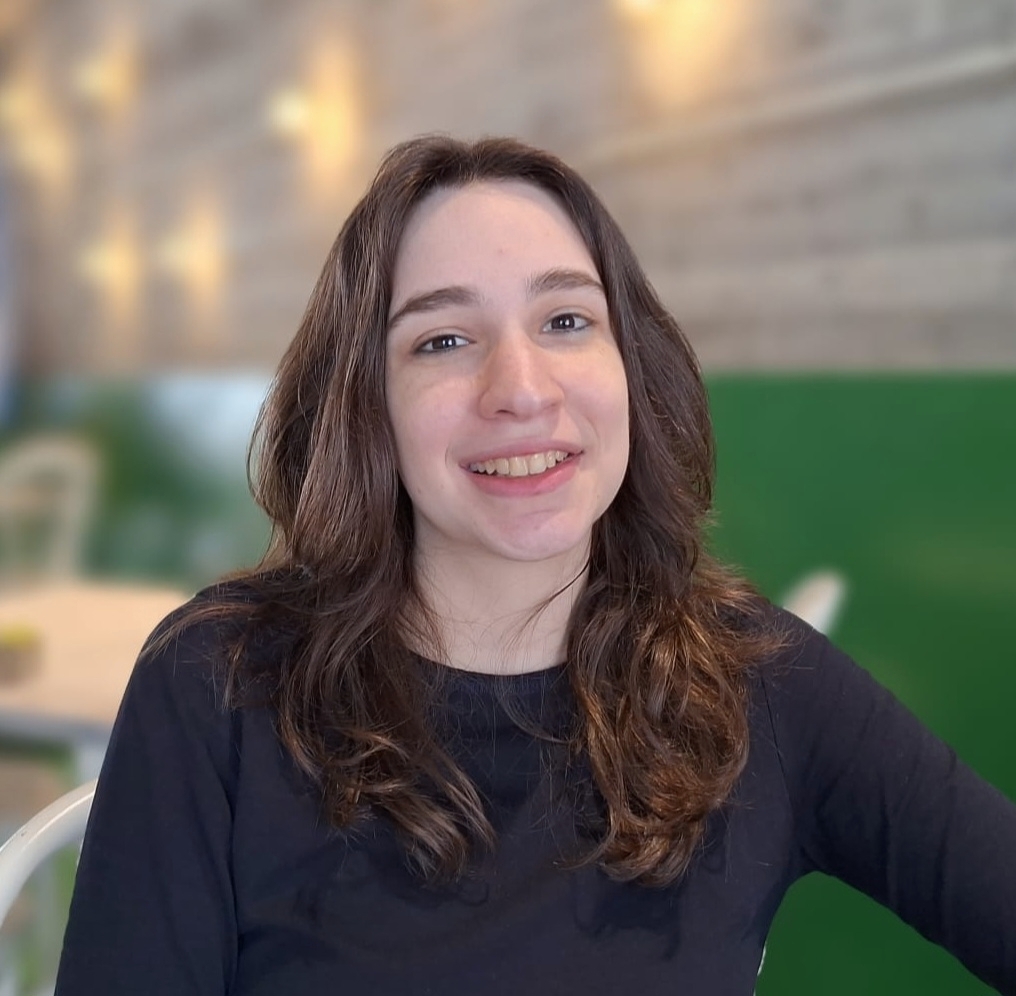
Rebeca Chinicz
M.Sc., Marine Technologies Department
Software engineer
"I gained a lot in terms of understanding complex topics and analyzing data optimally. The degree taught me a great deal about conducting structured research, time management, and many other skills that support my current professional life."
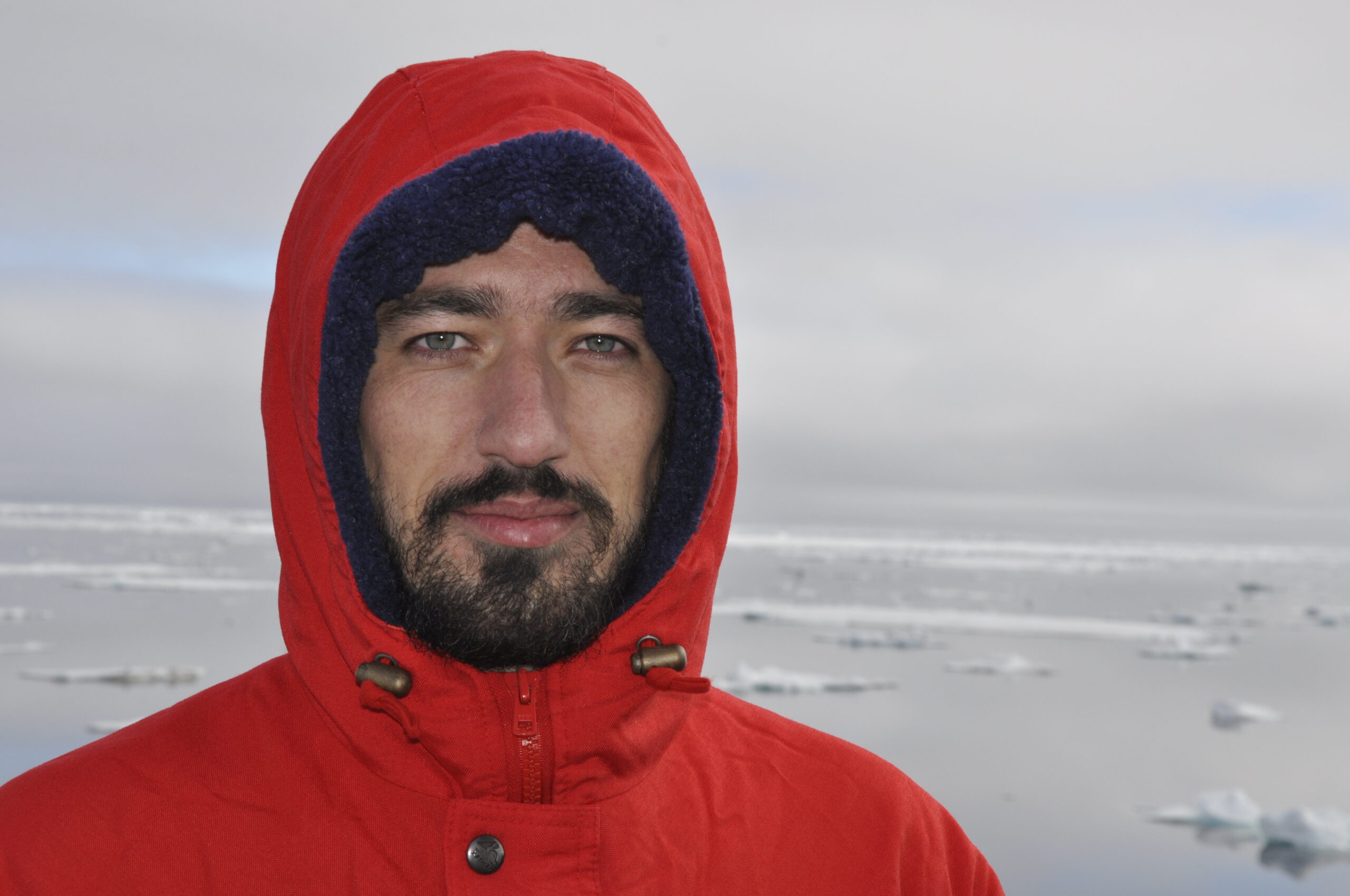
Dr. Eduard (Eddie) Fadeev
M.Sc., Marine Biology Department
Postdoctoral research fellow, University of Vienna, Austria
"My MSc studies at the Charney School enabled me to acquire a wide range of scientific skills and exposed me to the international scientific community. The established portfolio contributed greatly to my acceptance as a PhD student at the prestigious International Max Planck Research School of Marine Microbiology (MarMic)."
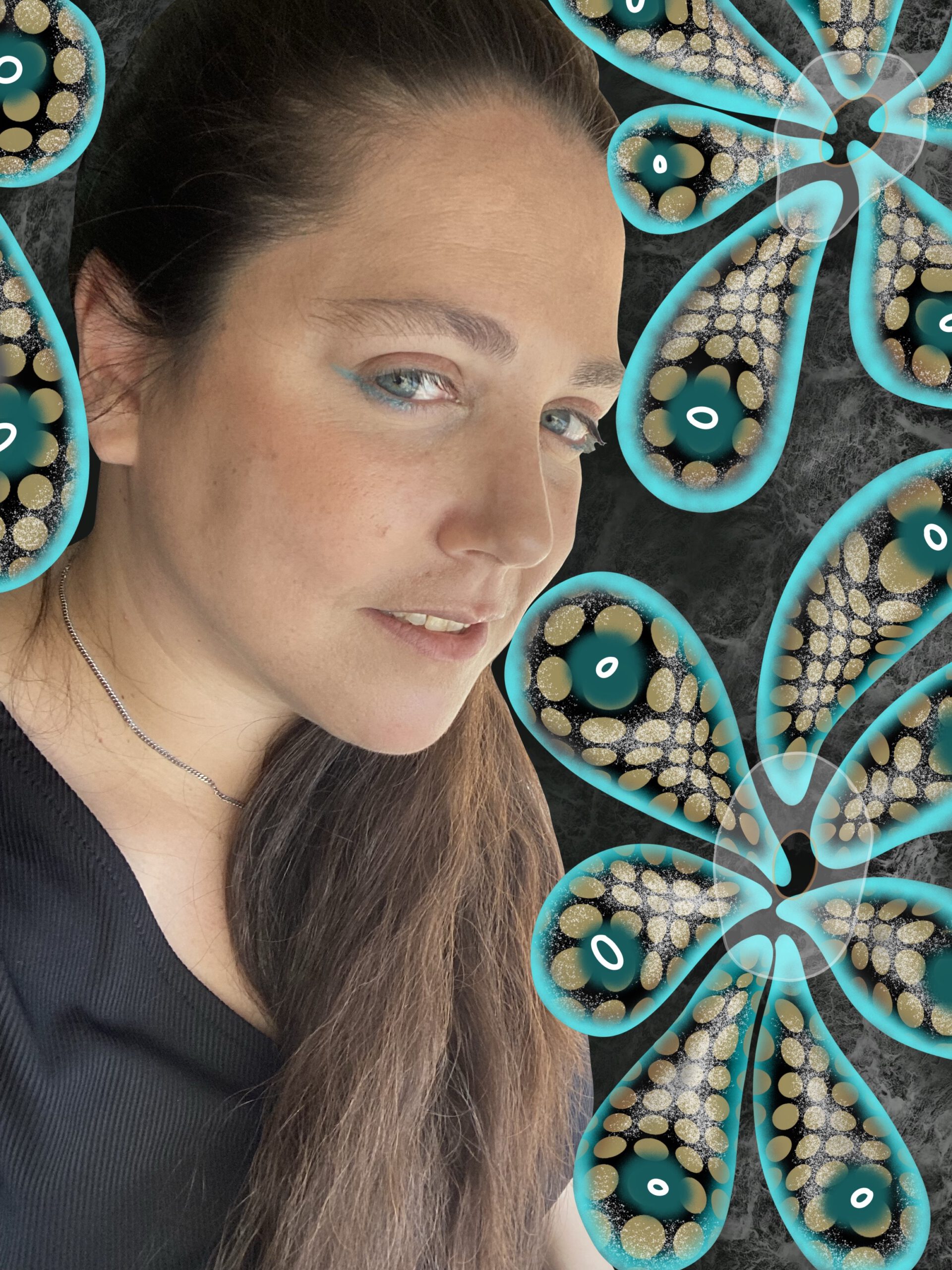
Oshrat Ben-Hamo
M.Sc., Marine Biology Department
Post-doctoral researcher, Israel Oceanographic and Limnological Research (IOLR)
"The School of Marine Sciences has greatly contributed to my knowledge in marine biology disciplines. The broad range of study areas allows students to gain exposure to diverse disciplines that are also applicable in our future careers."
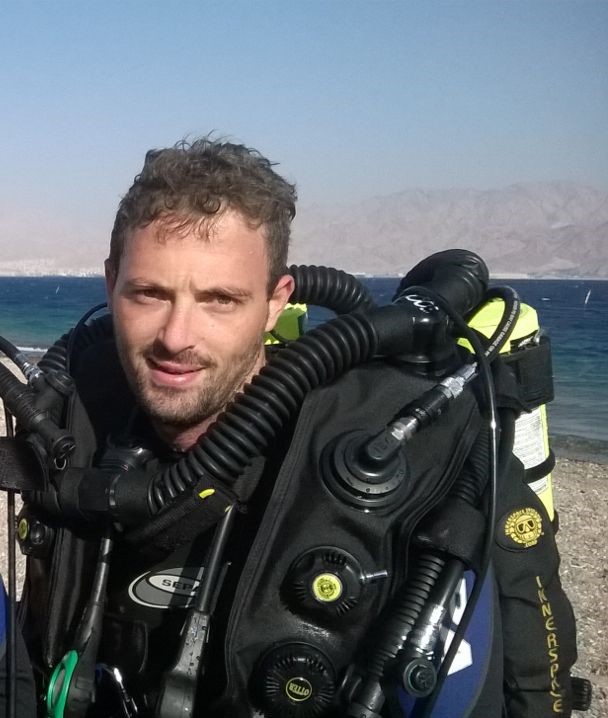
Dr. Yotam Popovits
PhD, Marine Biology Department
CEO of DataValley, a land-based aquaculture startup
"The incredible team at the School imparted upon me the entrepreneurial and managerial mindset - to pursue goals with determination and foresight, identify obstacles, find solutions, and achieve objectives. Above all, they instilled a sense of family. "
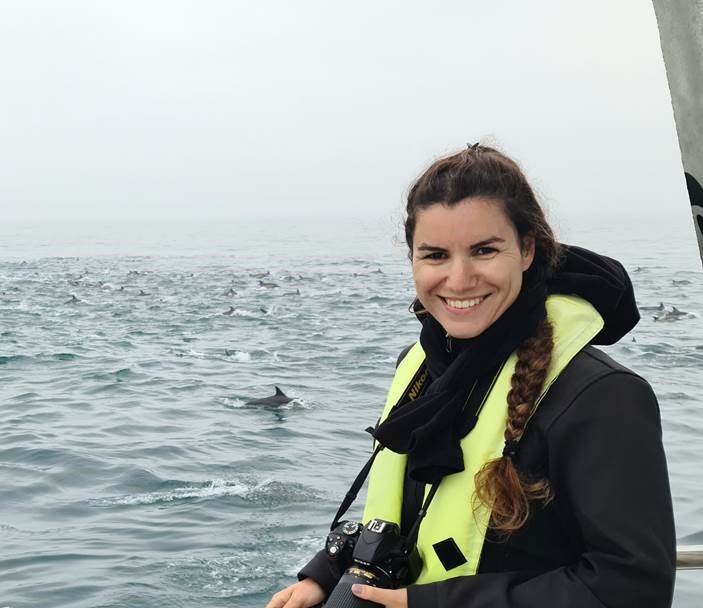
Yaly Mevorach
M.Sc., Marine Biology Department
PhD candidate in the Department of Marine Biology and Project CETI
"During my studies, I acquired tools and skills that helped me evolve as a researcher and provided me with the thought-oriented and critical perspective required by marine ecologists researching populations of large mammals in the challenging maritime environment. In particular, my studies helped me carefully select the field that interests me and where I want to continue."
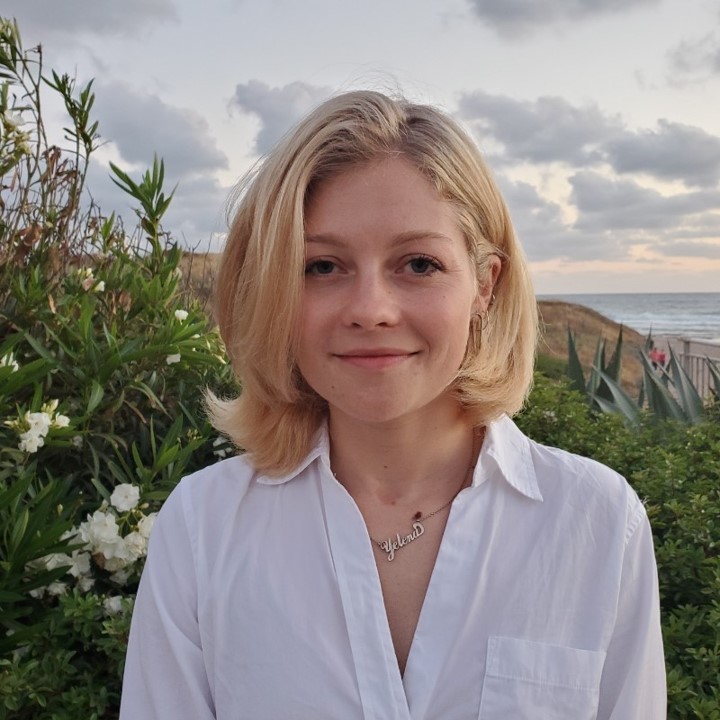
Yelena Randall
M.Sc., Marine Technologies Department
Software Engineer at an analytics company
"My knowledge and experience I developed in my Master’s Degree in Marine Technologies in the Marine Imaging Lab helped prepare and motivate me to work in this field, and gave me a unique background that allows me to work in both computer vision and marine-related projects.”
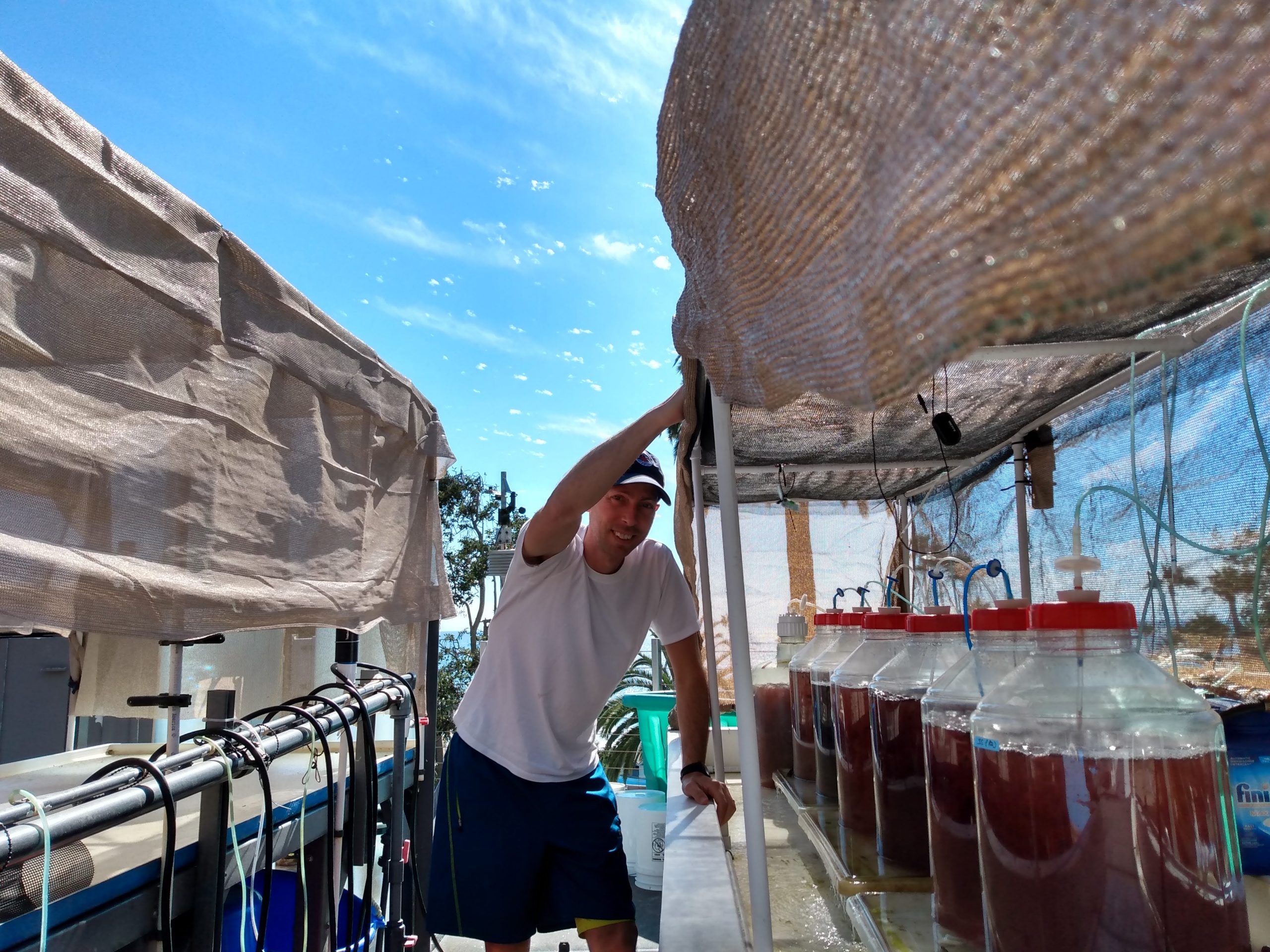
Gal Dishon
PhD, Marine Biology Department
Post-doctoral researcher, Scripps Institution of Oceanography
"I am currently working as a postdoctoral scholar at the Scripps Institution of Oceanography at the University of California San Diego, where I’m working on R&D for red algae cultivation techniques that may help reduce greenhouse gas emissions produced by the cattle industry. My studies at the Marine Biology Department exposed me to different research techniques and to issues that are still at the heart of my work.”
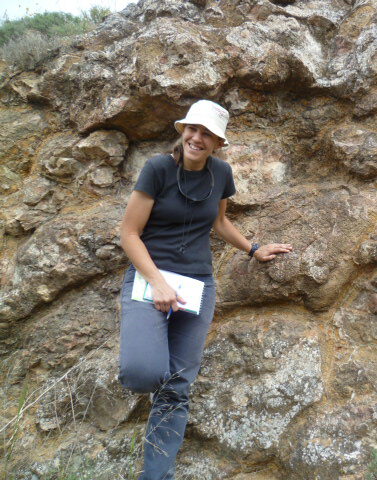
Dr. Reli Wald
PhD, Marine Geosciences Department
Geologist and geophysicist, ICL Research
"My studies at the School were truly an experience. The school has an international atmosphere, with many international students. The software made available to students are some of the best in the field worldwide, so we acquired highly advanced skills that are relevant for our industry."
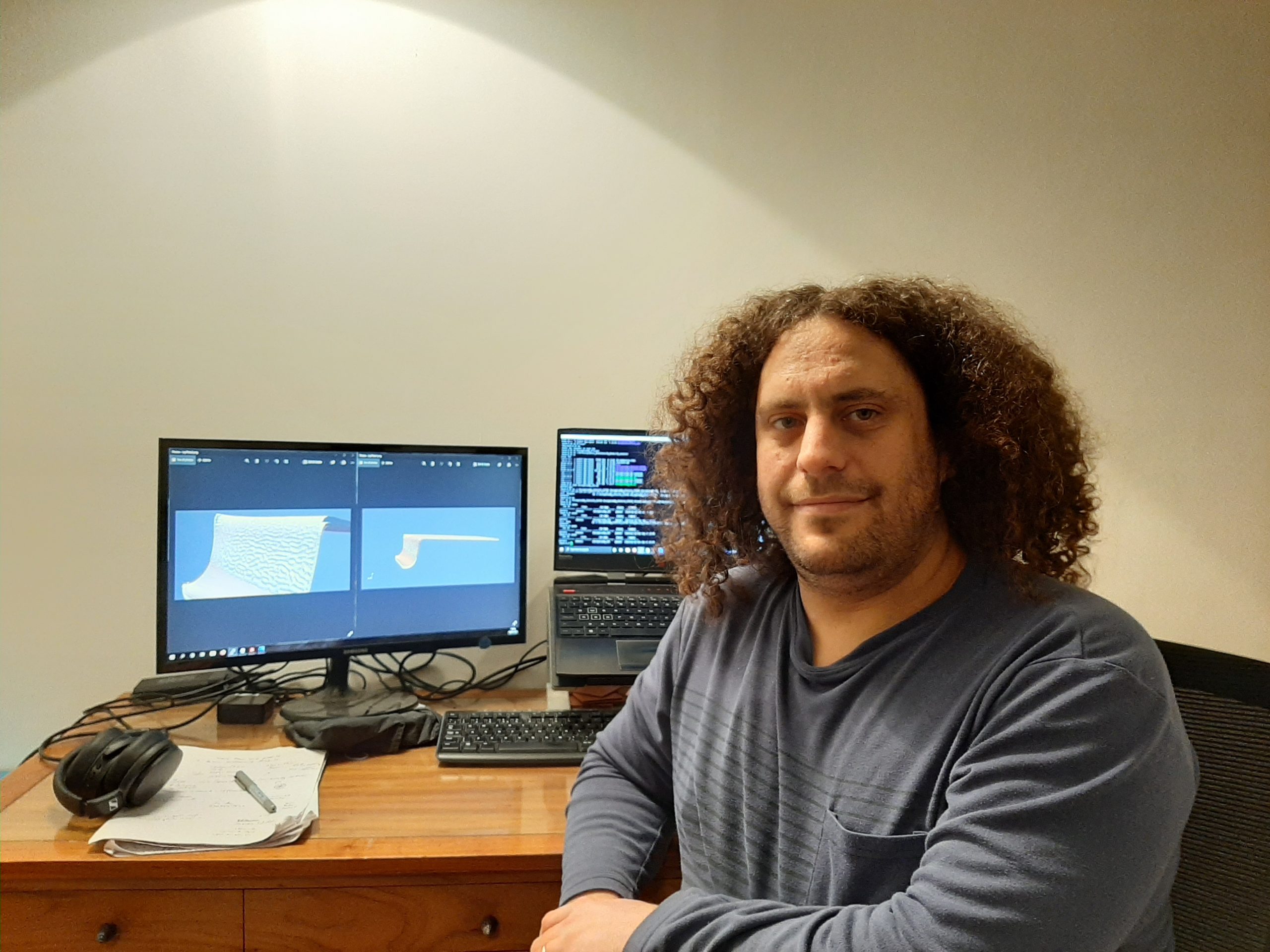
Lior Suchoy
M.Sc., Marine Geosciences Department
PhD student at Imperial College London
"My M.Sc. thesis gave me the theoretical basis for the work I am doing today, as well as practical experience using some of the most advanced software in my field. Meeting students from around the world and the focus of the studies on practical tools created a unique, enjoyable, and enriching learning atmosphere for me.”
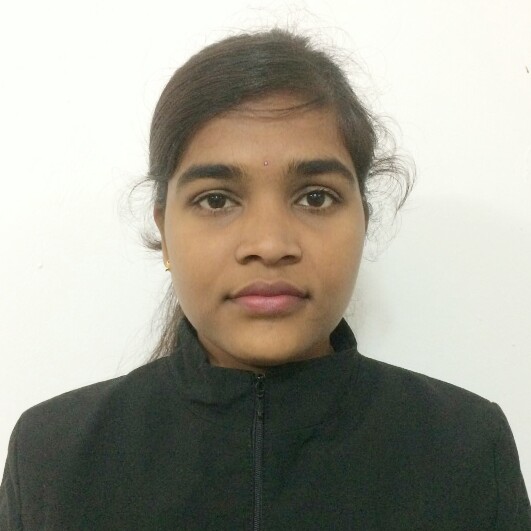
Allaka Himabindu
PhD & M.Sc., Marine Technologies Department
Manager at the Production Technology Development Centre, L&T Defence, India.
"The exceptional learning and research experiences I gained at the Subsea Engineering Lab significantly influenced my professional growth and continue to be pivotal in my current role."
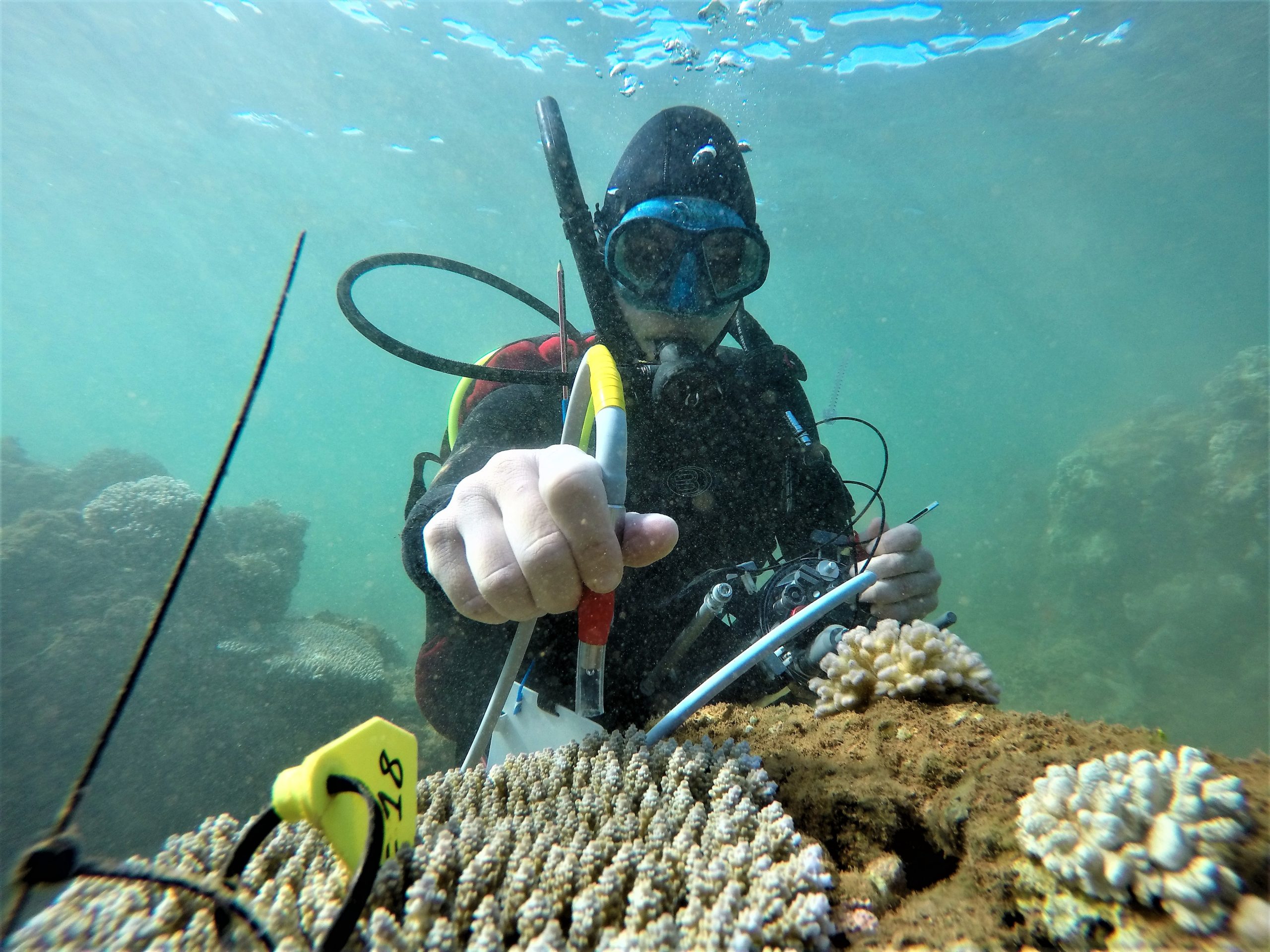
Adi Zvifler
M.Sc., Marine Biology Department
PhD student at the University of Western Australia
“Studying for a master’s degree in the Department of Marine Biology, jointly facilitated by the Department of Marine Technologies, deepened my desire to focus on research of my favorite place – the sea. I gained knowledge and experience in diverse research methods and made connections with researchers in Israel and around the world"
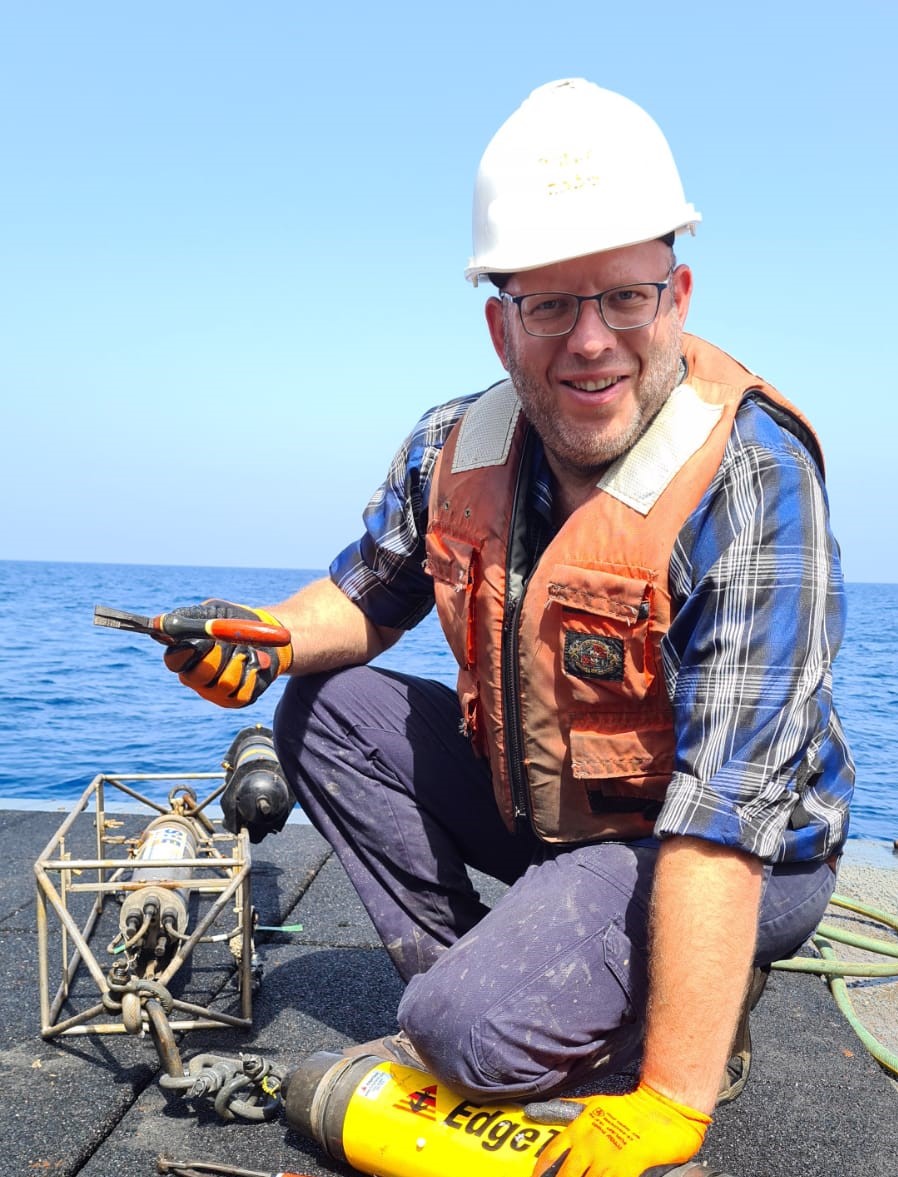
Dr. Roy Jaijel
PhD, Marine Geosciences Department
Researcher in the Marine Geology and Geophysics Department at the Israel Oceanographic and Limnological Research (IOLR)
“As part of my doctoral studies, I acquired multiple tools that help me in my work today , I participated in marine research missions in Israel and around the world, as well as in scientific conferences that contributed greatly to my professional development, and helped me create relationships with researchers from different countries, who help me in my work even today.”
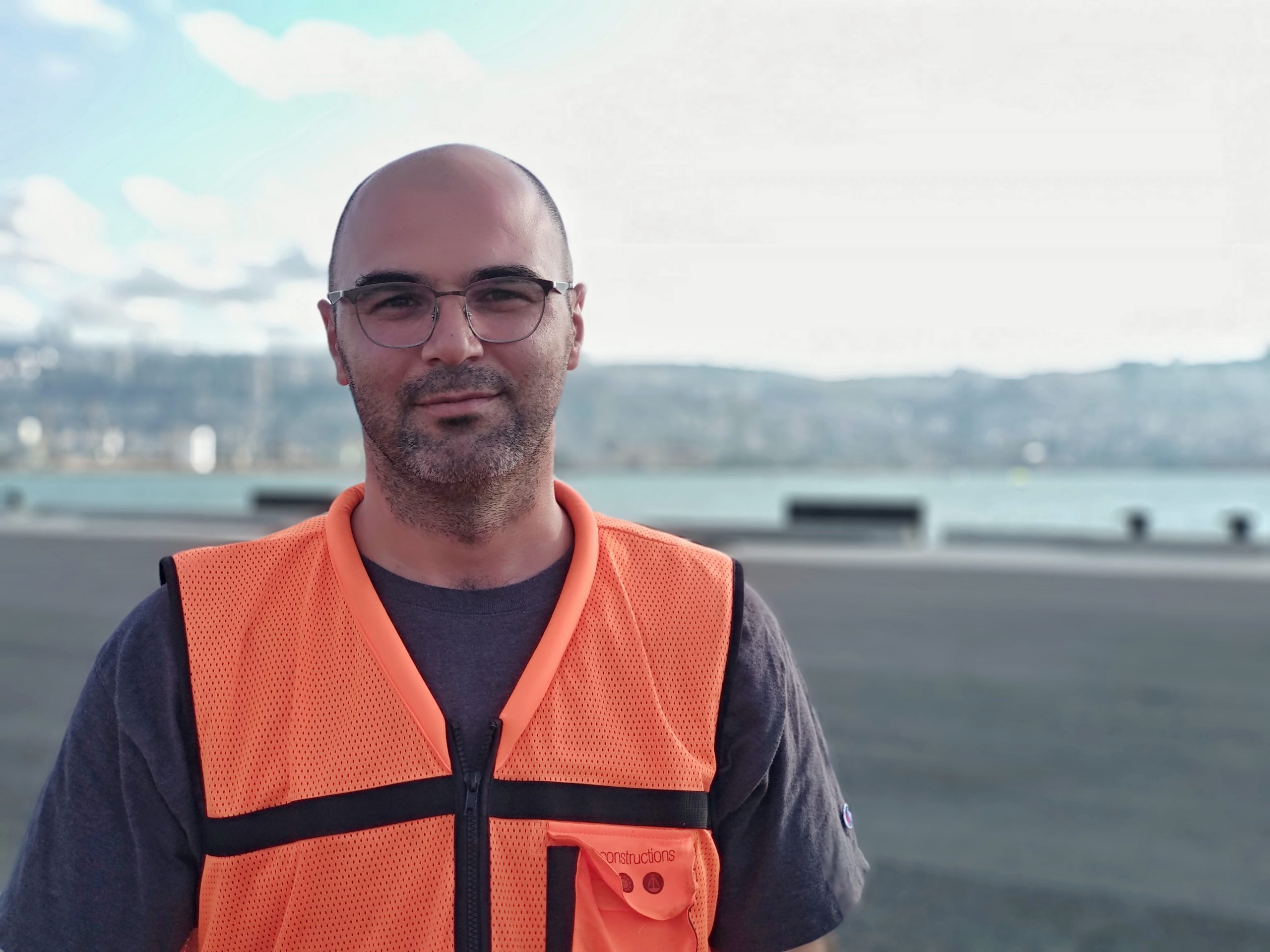
Murad Safadi
M.Sc., Marine Geosciences Department
Marine geologist at ADYR Constructions
"Today, I see and live the direct correlation between everything I experienced during my studies at the Marine Geosciences Department, and my ability to analyze findings that present themselves during a project."
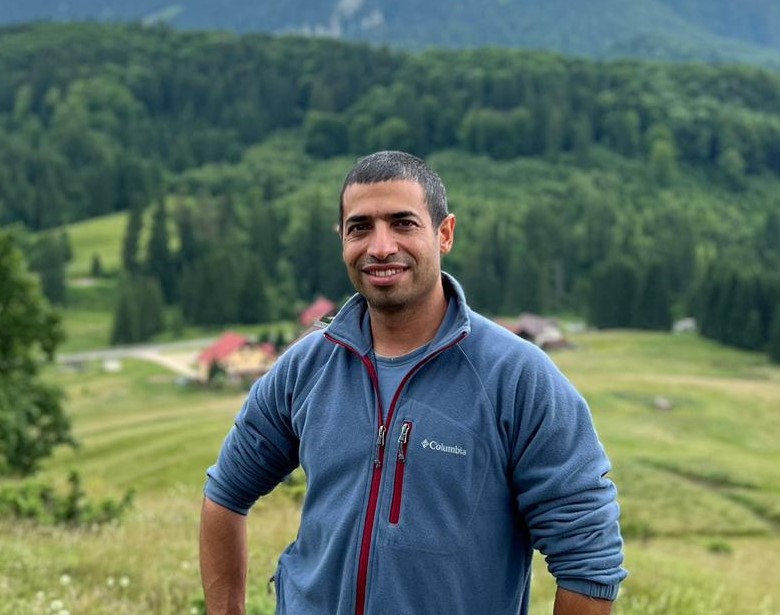
Itamar Davidesco
M.Sc., Marine Technologies Department
Algorithm engineer at a digital voice signal processing company
"My studies in the Department of Marine Technologies, the various courses, the labs, the experiments, and the work under my adviser all contributed significantly to me professionally. They’ve helped me both in how I approach problem-solving in engineering and in the professional tools I acquired that allow me to work with a variety of advanced technological solutions."
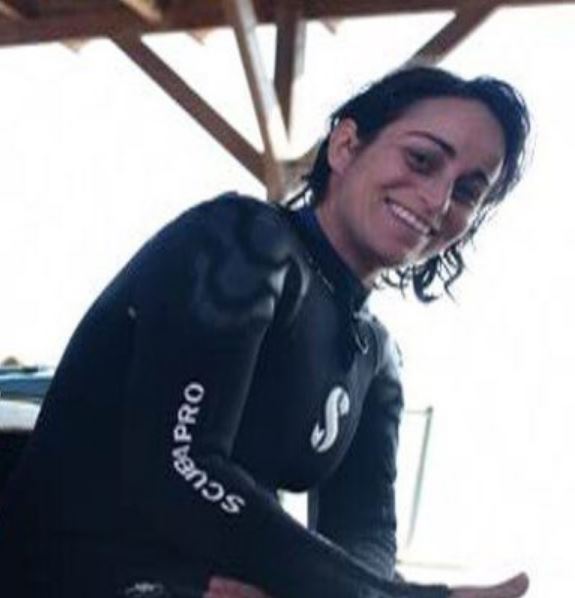
Deborah Levy
M.Sc., Marine Technologies Department
Algorithm engineer at VISEAO – Marine Imaging Lab at the School of Marine Sciences
"My studies at the school have provided me with research skills and broad professional knowledge in the field of underwater computer vision. The push for excellence in the lab allowed me to dive deep into research topics and improve my engineering and academic skills."
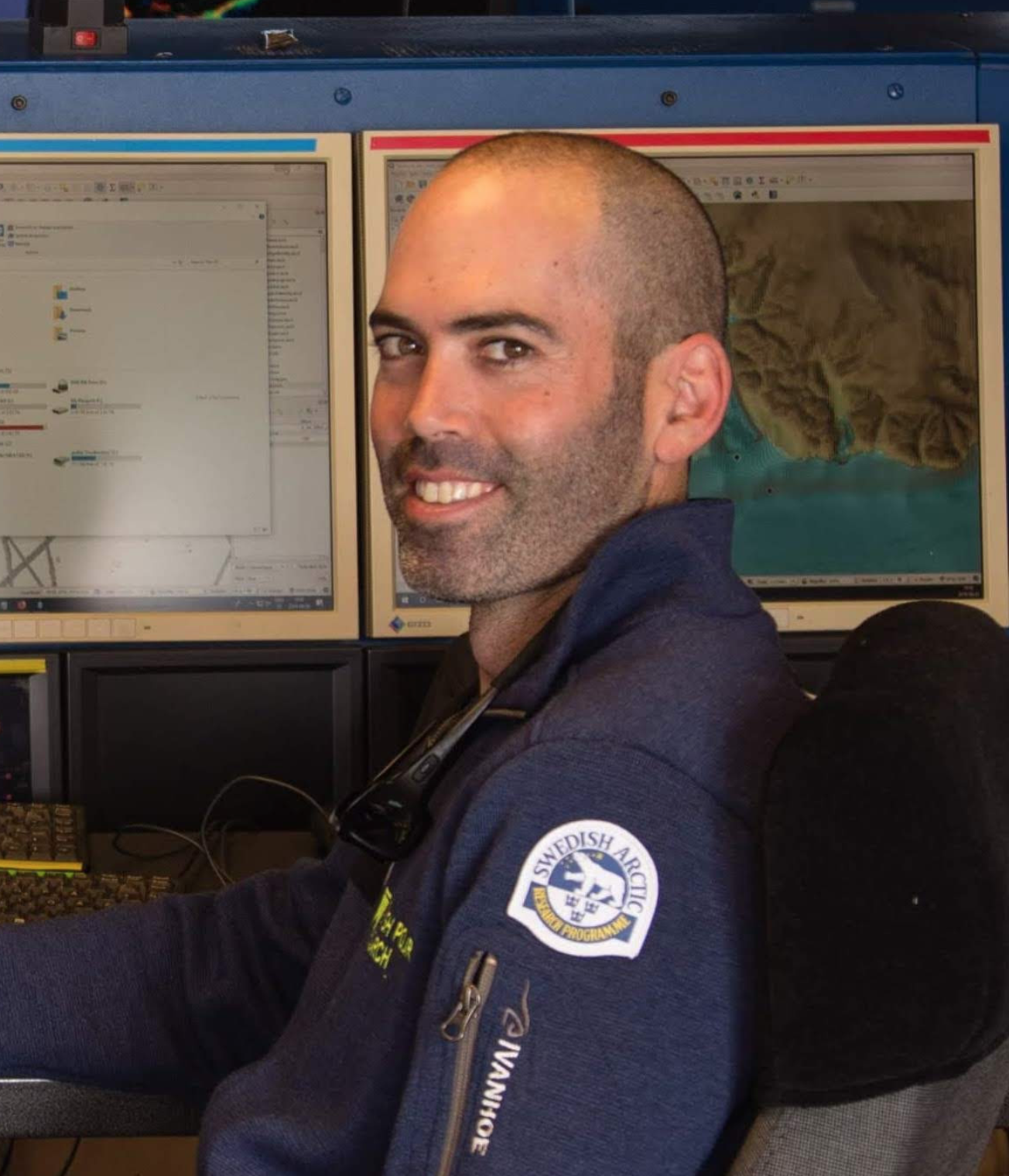
Tomer Ketter
M.Sc., Marine Geosciences Department
Data analyst at the Center for Coastal and Ocean Mapping (CCOM), University of New Hampshire
"In my three years at the department, I learned the scientific foundation I needed, became familiar with absolutely essential computer software, got to know experts who gave me a chance – and I started off on my own path."
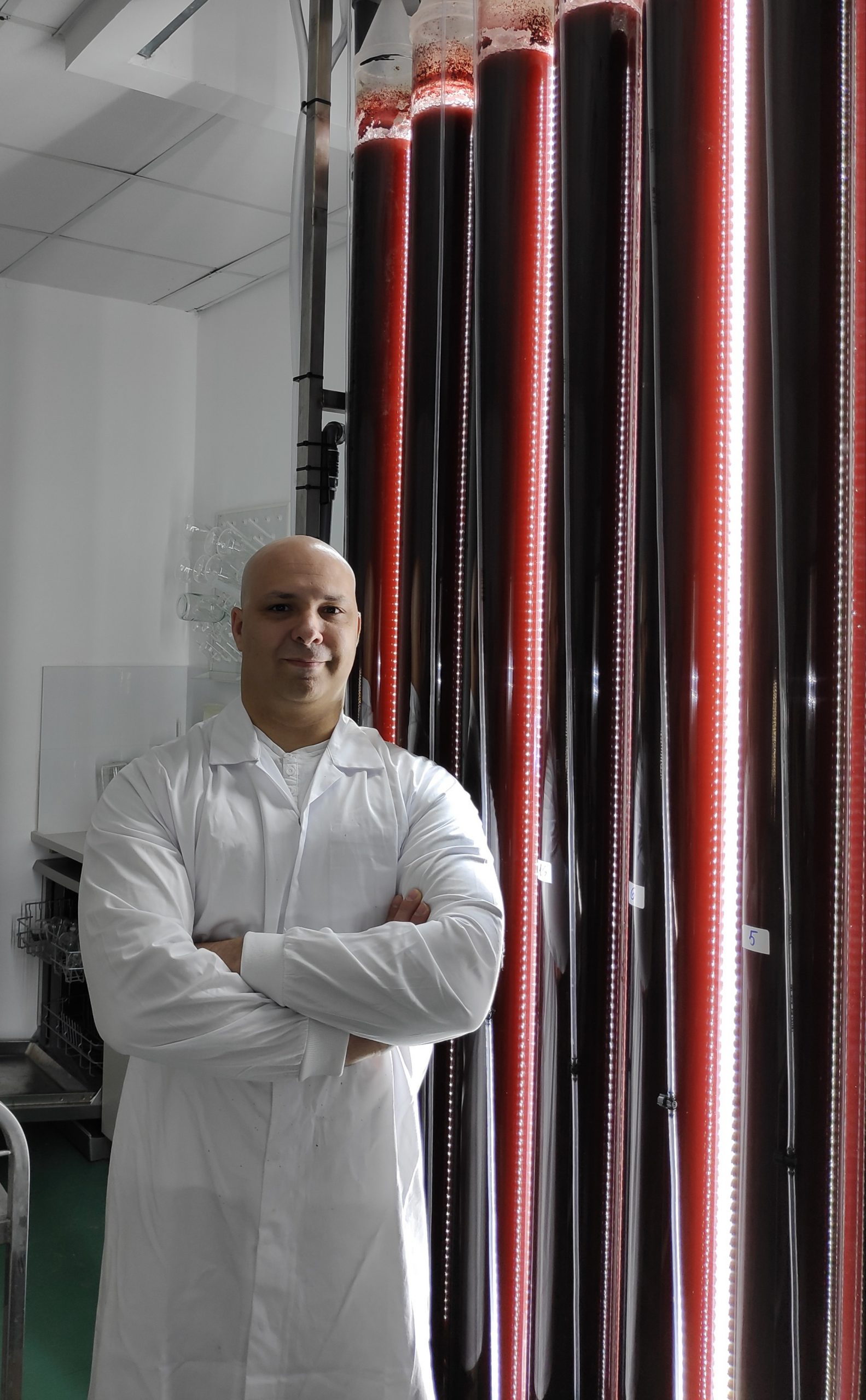
Dr. Amikam Bar-Gil
PhD, Marine Biology Department
Co-founder and CTO, Yemoja Ltd.
"y studies gave me the tools I need to be a scientist. The department’s openness to new methods and instrumentation, one of its greatest strengths, broadens your horizons and opens your mind to the use of new technologies in the marine sciences."
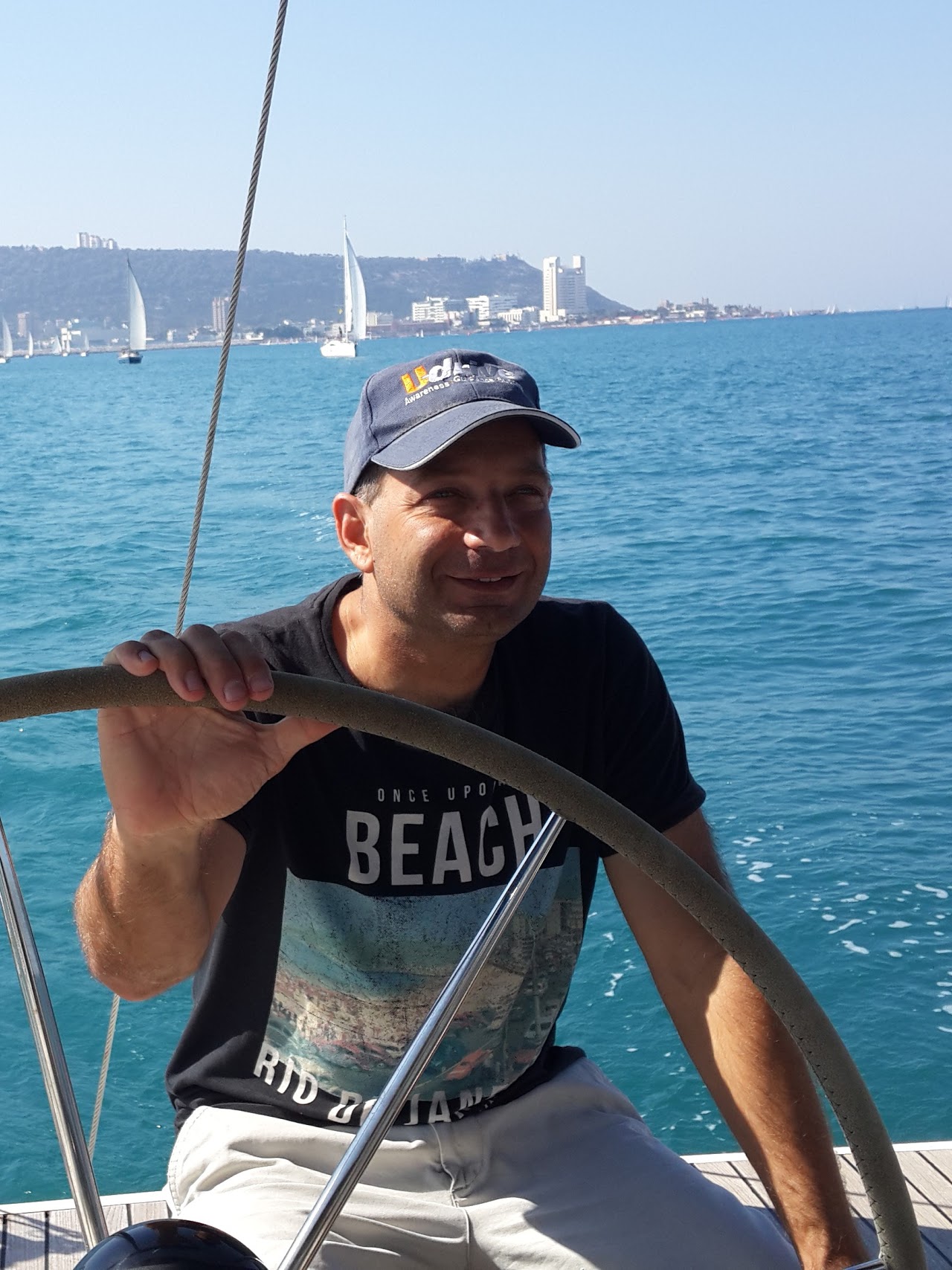
Dr. Talmon Alexandri
PhD, School of Marine Sciences
Researcher in Marine Technologies Dept., Underwater Acoustic and Navigation Lab
"My student experience was outstanding. Firstly, the university supports each student and allows everyone to progress according to the limitations that life presents. Secondly, and certainly most importantly, my academic adviser was very, very involved and was the key to my academic success.”
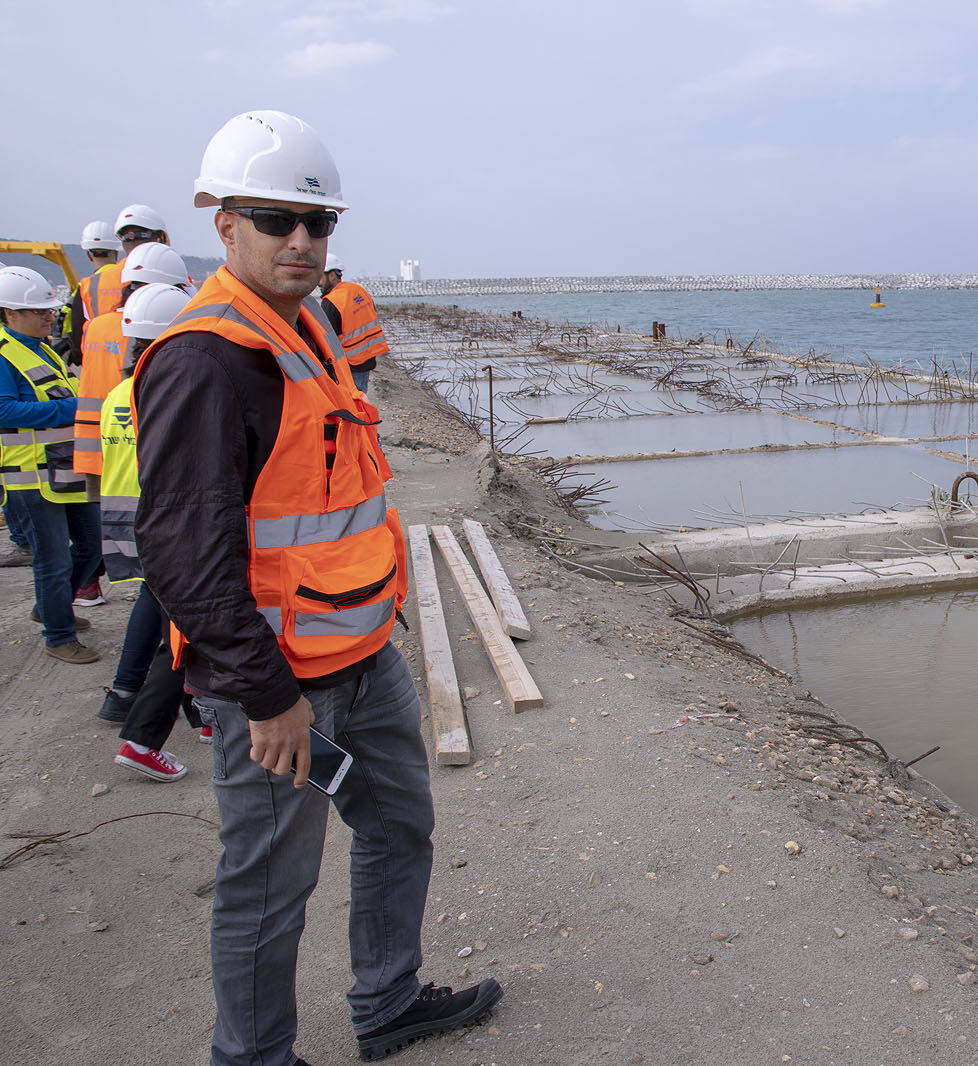
Peleg Itay
M.Sc., Department of Marine Biology
Co-founder and CEO of a cultured meat (fish) startup
"The learning experience in the department is special. The caring, alongside the human diversity, make the School of Marine Sciences a hotbed for cultivating unique individuals.”
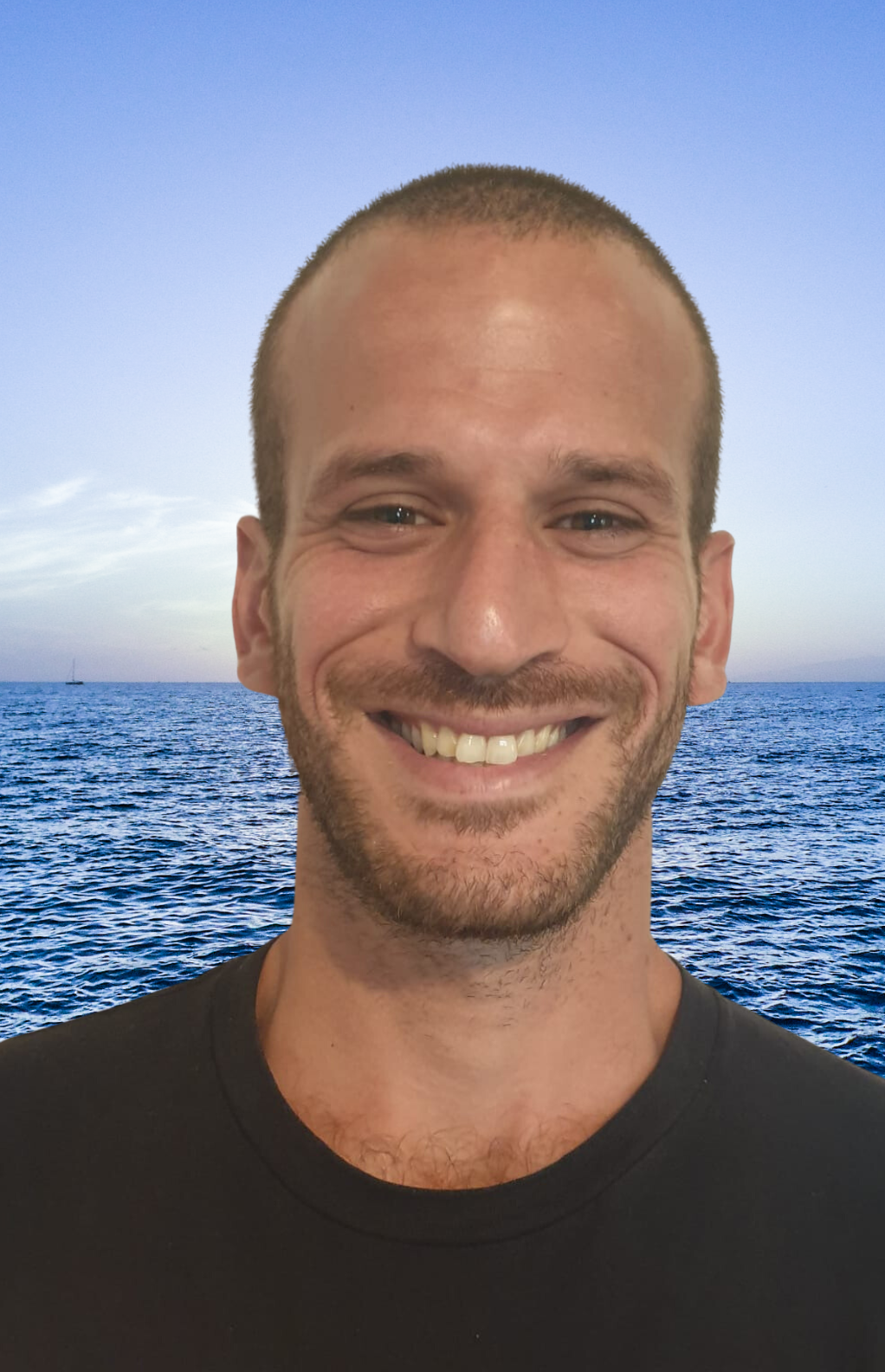
Omry Nachum
M.Sc., Department of Marine Geosciences
Geological consultant, project manager for geophysical surveys, and PhD student in Marine Geosciences
"My studies in the Department of Marine Geosciences essentially gave me all the knowledge that allow me to work in my current fields and enabled me to understand and specialize in my main field of interest – coastal sedimentology and the coastal geological system."
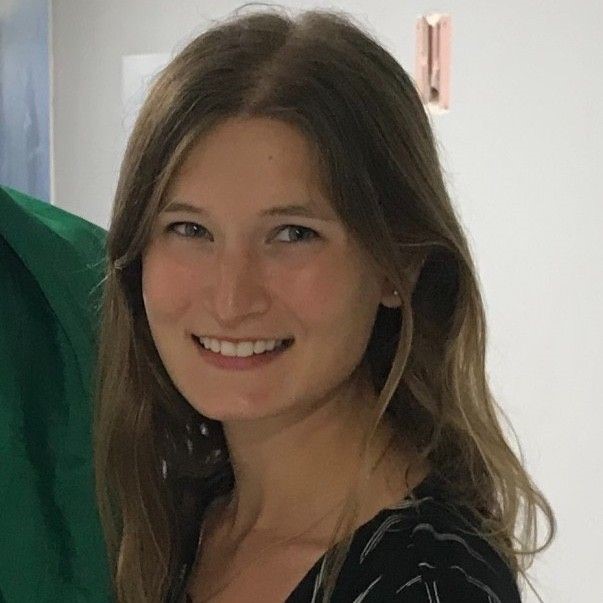
Alyssa Pietraszek
M.Sc., Department of Marine Geosciences
Adjunct Faculty, Bryant University and Southern New Hampshire University,
Ph.D. Candidate in the Department of Marine Geosciences, Charney School of Marine Sciences
"The diverse experiences and strong support network at the Leon H. Charney School of Marine Sciences have been invaluable in preparing me for where I am today.”"
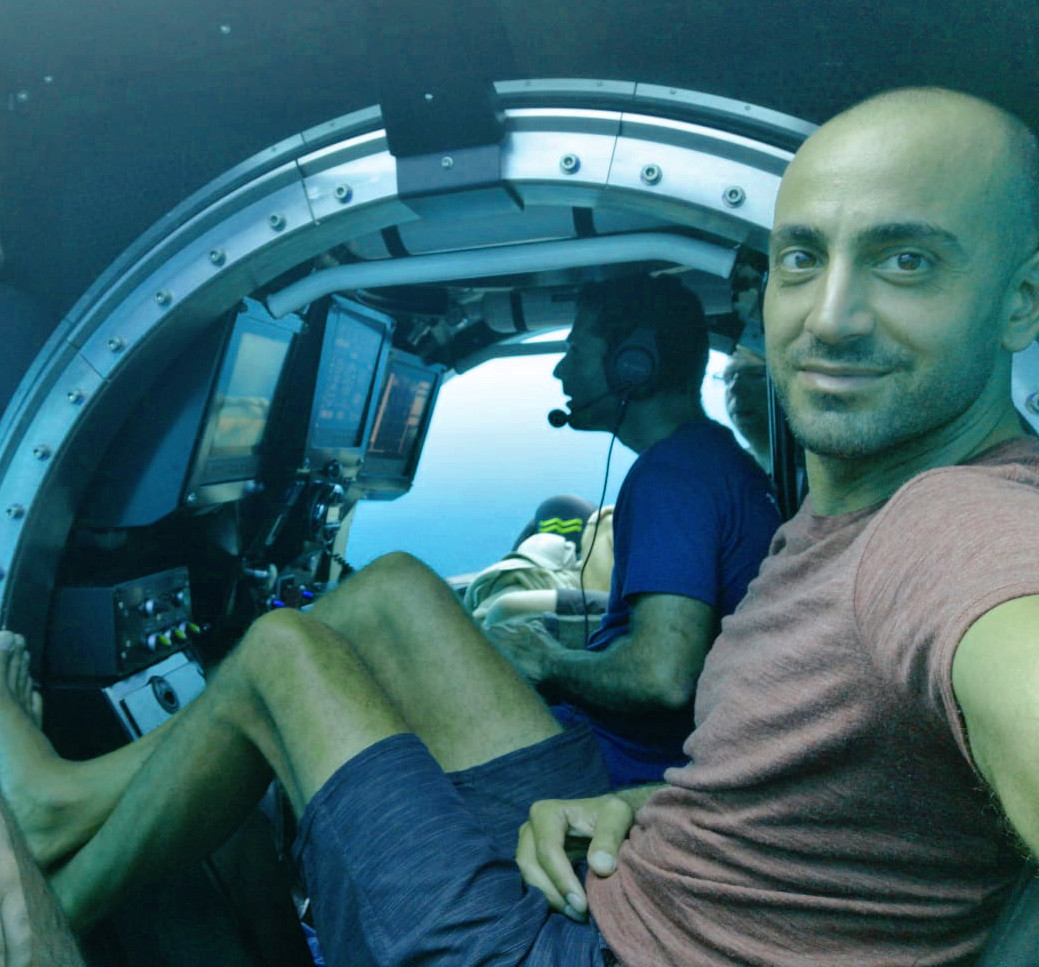
Oded Ezra
M.Sc., Marine Geosciences Department
Freelance underwater surveyor
"My studies and especially the research I carried out allowed me to become acquainted first-hand with academic thought processes. That helps me even today when I work and advise scientific projects."
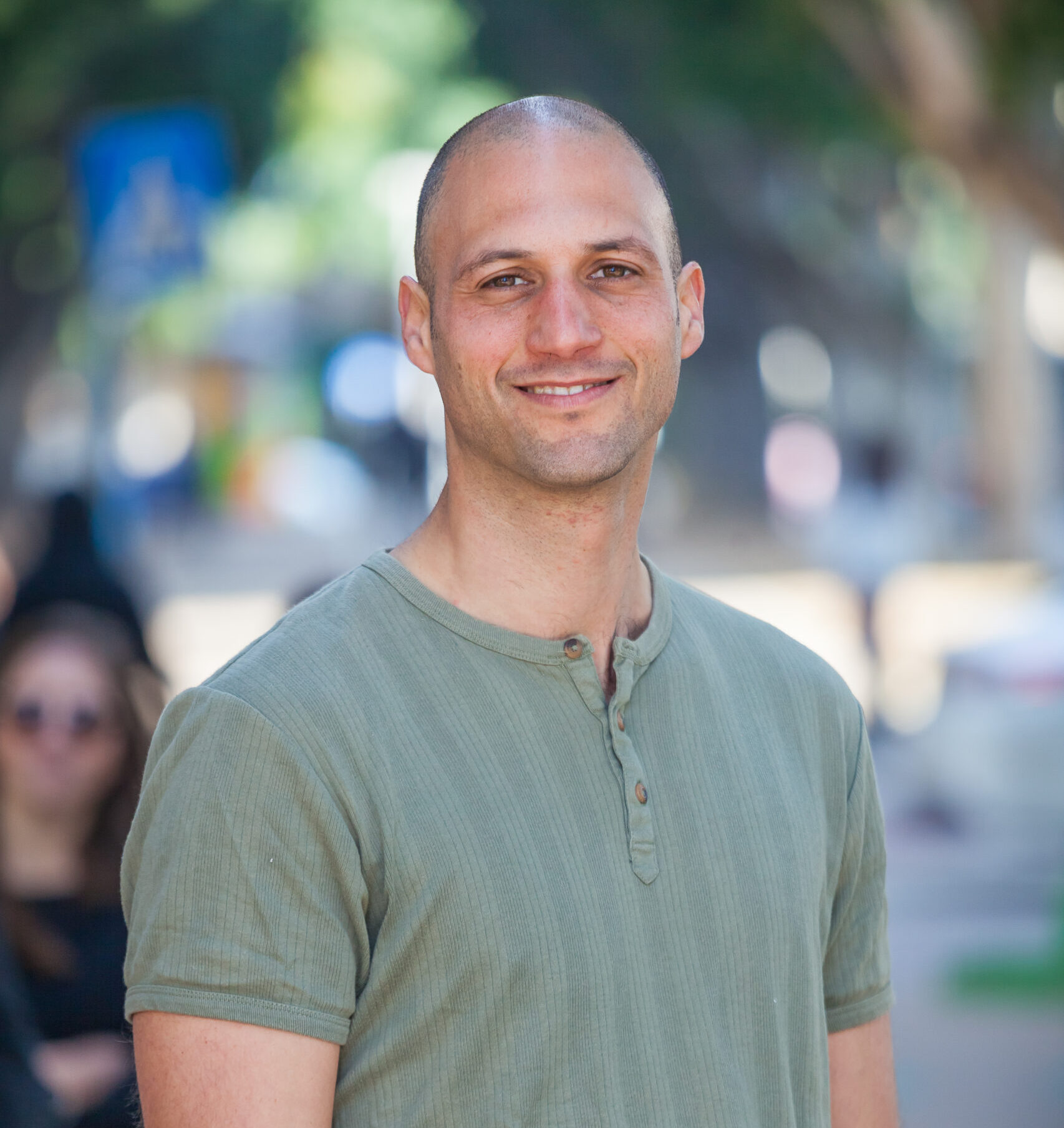
Dotan Berman
M.Sc., Marine Biology Department
High school biology teacher for matriculation exams
"What made my academic experience truly exceptional was the personal attention and support I received from the faculty. This period of study broadened my horizons, deepened my understanding, and left a significant impact on shaping my inner world and my perception of the marine environment as a whole."
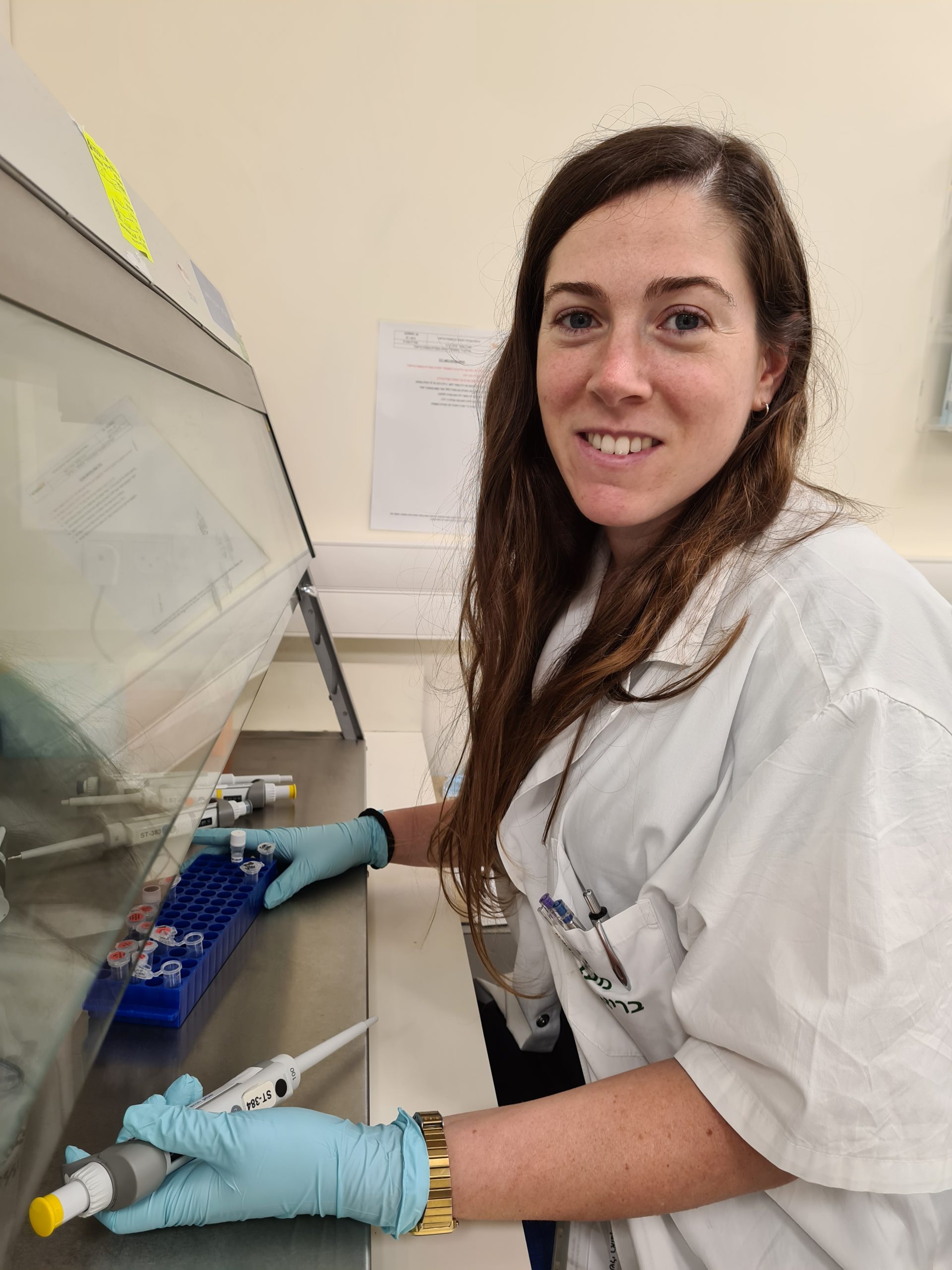
Shelly Reuven
M.Sc., Marine Biology Department
Researcher at a seed testing lab
"My master’s thesis was carried out using molecular methods, which gave me extensive knowledge that is relevant for my current work. The studies in the department were enjoyable and interesting, providing many tools for working in industry.”
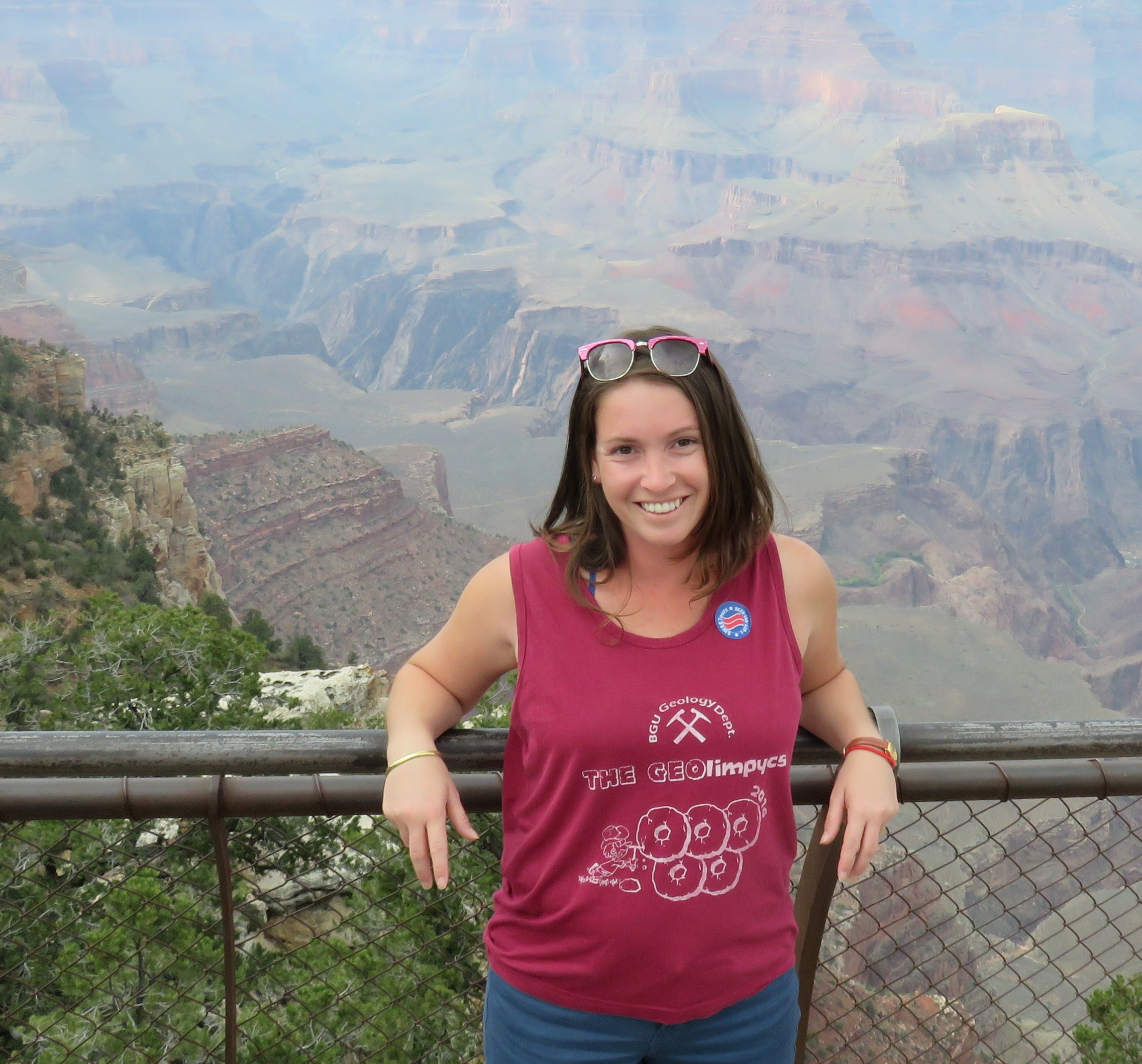
Mor Arkin
M.Sc., Marine Geosciences Department
Engineering geologist at a soil mechanics and geotechnical engineering company
"Through my studies and research, I learned to overcome obstacles, search for solutions, manage huge amounts of data, and present myself confidently in front of an audience and professionals from the field. My studies in the department gave me a considerable amount of self-confidence and pride."
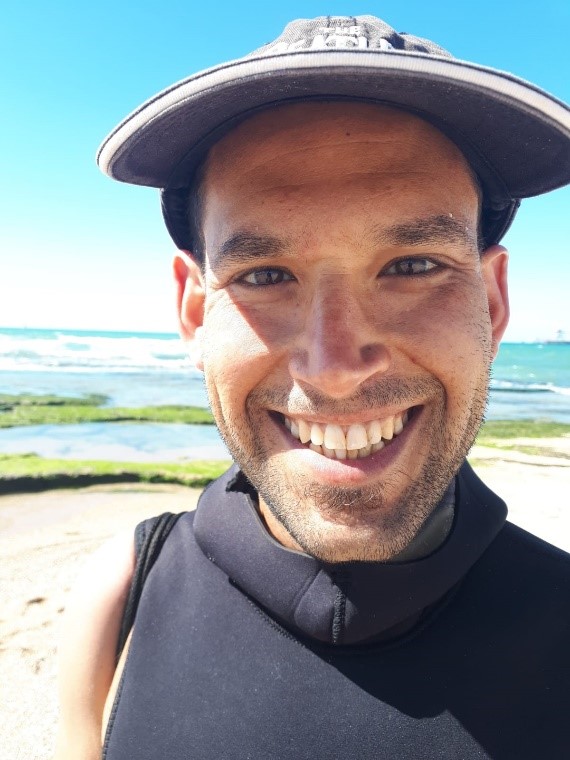
Amir Bar
PhD student in the Department of Marine Geosciences
“Following my M.A. studies in the Department of Maritime Civilizations, I decided to continue on for my PhD. Both the theoretical training, which includes in-depth courses in diverse disciplines, and the practical training for work at sea and on the coastline (and for writing scientific articles in English) have allowed me to excel in my current studies.”
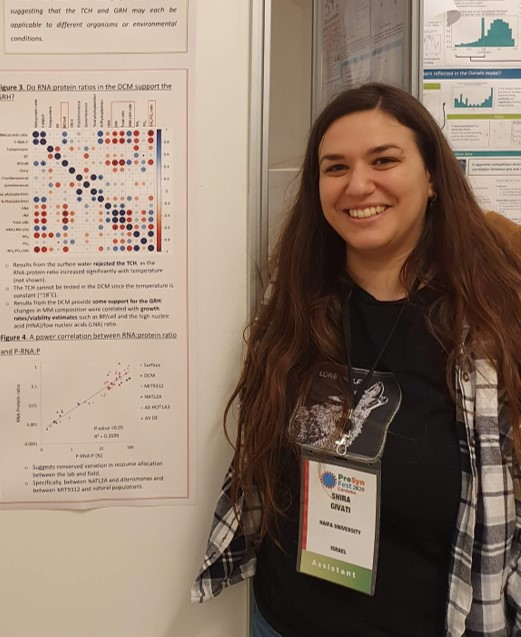
Shira Givati
M.Sc., Marine Biology Department
PhD student at the Department of Marine Biology
"My studies in the department have greatly contributed to my development as a researcher, providing me with skills that I continue to use today in my research work. During the studies, I was able to seek advice not only from my mentors and lab colleagues but also from students and staff from other labs—a hallmark of our department"
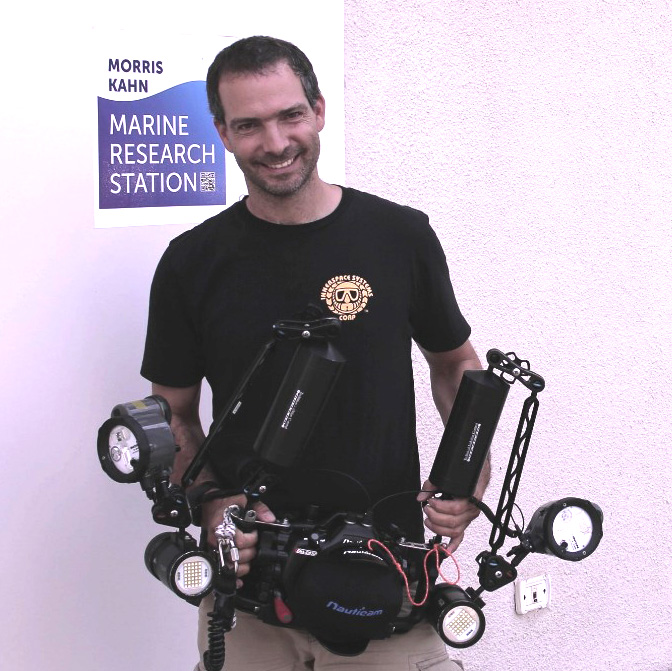
Hagai Nativ
M.Sc., Marine Biology Department
Rocky reef monitoring project, Media manager and photographer
"I’m a photographer specializing in underwater photography for research. My passion is making marine research and usually hidden underwater scenes accessible to the general public, and by doing so getting them excited about the sea and the marine environment."
No posts found



